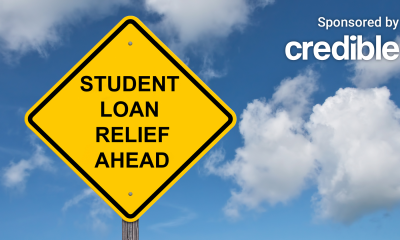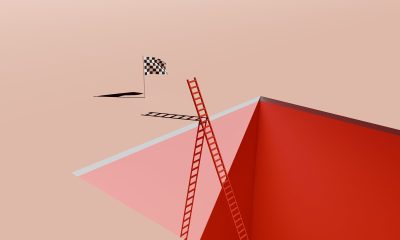Save Money
Overlooked Costs of Homeownership: Budgeting Beyond the Mortgage

Buying a home is an exciting milestone, but it’s important to be prepared for the financial responsibilities that come with it. Beyond the mortgage, there are several overlooked costs of homeownership that can catch first-time buyers off guard. By understanding and budgeting for these costs, you can ensure a more financially stable future as a homeowner. In 2018, I started my own homeownership journey and was shocked by all the little expenses that can quickly drain the bank account.
Closing Costs
Closing costs are an expense that many first-time homebuyers overlook. Closing costs can include fees for loan origination, appraisal, and title insurance, among others. These costs can add up to 2-5% of the home’s purchase price. Make sure to budget for closing costs when determining how much you can afford to spend on a home.
Property Taxes
One of the largest hidden costs of homeownership is property taxes. Before purchasing a home, it’s essential to research the property tax rates in the area. Property tax rates can vary widely depending on where you live, so it’s important to factor them into your budget. You can usually find information about property tax rates on the website of the local assessor’s office or by contacting a local real estate agent.
It’s also important to note that property taxes can increase over time, especially if property values in your area rise. This means that your property tax bill could go up even if your mortgage payment stays the same. It’s a good idea to budget for potential property tax increases when planning your homeownership budget.
Homeowners’ Insurance
Homeowners’ insurance is another important cost to consider when buying a home. This insurance protects your home and belongings in case of damage or theft. The cost of homeowners’ insurance can vary based on factors such as the age and condition of your home, as well as the coverage amount.
When shopping for homeowners’ insurance, it’s important to compare quotes from multiple insurance companies to ensure you’re getting the best rate. You should also make sure you have adequate coverage for your needs. While it may be tempting to skimp on insurance to save money, inadequate coverage could leave you vulnerable in the event of a disaster. When we were comparing insurance options, we found the best deal was to bundle our home and car insurance together. Shop around to at least 3-4 insurance companies to ensure you pick the best choice for your needs.
Maintenance and Repairs
Owning a home also means being responsible for maintenance and repairs. From routine maintenance tasks like cleaning gutters and servicing your HVAC system to major repairs like replacing a roof or repairing plumbing issues, these costs can add up over time.
It’s a good idea to budget for regular maintenance tasks and set aside a fund for unexpected repairs. A general rule of thumb is to budget around 1% of your home’s purchase price per year for maintenance and repairs. However, older homes or homes in need of repair may require a higher budget for maintenance and repairs. We bought our home as a foreclosure home and so while the mortgage was lower, we had significant repair costs from the start. We replaced the roof, siding, HVAC, and all the floors within the first year. These were huge expenses to handle but now we have a lower monthly mortgage amount and a home we love.
Homeowners Association (HOA) Fees
If you buy a home in a community with a homeowner’s association (HOA), you’ll likely have to pay HOA fees. These fees are used to maintain common areas and amenities in the community, such as parks, pools, and landscaping.
Before buying a home in an HOA community, it’s important to find out what the HOA fees are and what they cover. HOA fees can vary widely depending on the neighborhood and amenities, so make sure to factor them into your budget.
Buying a home involves more than just the mortgage payment. It’s important to budget for the additional costs of homeownership to avoid financial strain in the future. By planning and understanding these costs, you can enjoy the benefits of homeownership without the financial stress.
Read the full article here

-

 Side Hustles5 days ago
Side Hustles5 days agoWhy the Best CEOs Think Like Anthropologists
-

 Make Money7 days ago
Make Money7 days agoEarn More in 2025: Top 10 High-Yield Savings Accounts Revealed
-

 Side Hustles3 days ago
Side Hustles3 days agoThis User-Friendly H&R Block Software Package is Only $40, While Supplies Last
-

 Side Hustles6 days ago
Side Hustles6 days ago10 Roles That Are Surprisingly Well-Suited for Outsourcing
-

 Side Hustles6 days ago
Side Hustles6 days agoWhat to Do If TikTok is Banned — How to Protect Your Brand
-

 Passive Income6 days ago
Passive Income6 days agoHow Pets Can Promote Better Health and Well-Being in the Workplace
-

 Investing4 days ago
Investing4 days agoTikTok faces US ban deadline as users brace for fallout By Reuters
-

 Personal Finance6 days ago
Personal Finance6 days agoBiden cancels more student loans with one week left to his term


















